[ Equipment: steam oven, steamer or low-temperature-capable convection oven, an 6-inch (2-cup) round cake pan. For more information about the terminology in this recipe, see Low Temperature Baking: A Journey of 3 Paths. ]
The flour in this cake is a blend of cornmeal, coconut and mochi (sweet rice) flours. A polenta batter with only the cornmeal makes a rubbery cake. Starch from the rice flour softens the texture for a pleasant mouth feel. Coconut flour adds flavor, richness and restores a bit of the structure. Like all my cakes without a chemical or organic raising agent, I mixed in a solid leavener – chamomile infused hominy, a fine complement to the cornmeal. This is whole kernel hominy from a can, which has been soaked in an alkaline solution and partially cooked. Some brands have cooked the kernels longer than others. I recommend tasting the hominy before adding it to the batter. If the kernels are too crunchy, try steaming or boiling them for a few minutes, because the baking process may not soften them enough.
Makes 4 servings
– 250 calories per serving
– Oven Temperature: effective 250°F/121°C steam baked
- 1 tablespoon chamomile flowers or 1 chamomile teabag
- 1-1/4 cup boiling water
- 1 cup canned hominy kernals (see text)
- 1/2 cup cornmeal
- 1 tablespoon mochi (glutinous rice) flour
- 1-1/2 cup milk (low fat or fat free)
- 3/8 cup maple syrup
- 1/8 cup sugar
- pinch of salt
- 1/4 teaspoon cinnamon
- 3 tablespoons coconut flour
- 1/4 cup raisins
1. Brew chamomile tea by seeping chamomile flowers in hot water for 30 minutes. Filter tea. Reserve 1/4 cup of chamomile tea for later.
2. Rinse 1 cup hominy. Reheat remaining cup of chamomile tea. Soak hominy in chamomile tea for 1 to 2 hours. Drain, reserving hominy and 1/4 cup chamomile tea.
3. In a saucepan, stirring constantly, heat milk, 1/4 cup chamomile tea, syrup, water, sugar, cinnamon and salt to simmering.
4. In a small bowl, combine cornmeal and mochi flour. Whisk cornmeal into milk. Continue whisking over medium heat until thickened and batter begins pulling away from side of the pan, about 2 to 3 minutes. Remove from heat.
5. Mix in vanilla. Mix in hominy.
6. Mix in coconut and raisins.
7. Scoop dough into a greased, 2-cup baking dish.
8. If necessary, prepare the oven for steam baking. Steam bake for 50 mins.
9. Cool until warm for serving.
10. Slice and serve with a drizzle of maple syrup.






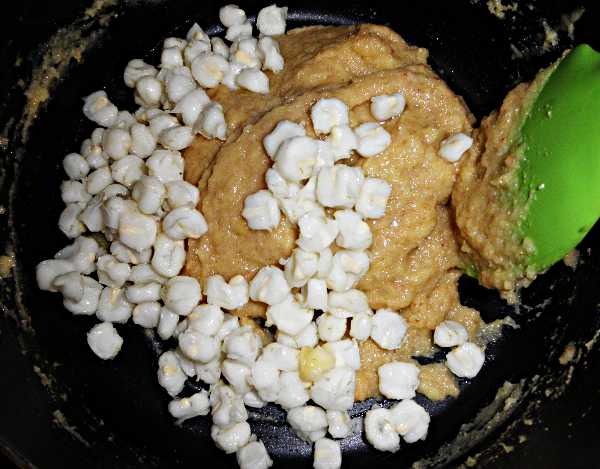








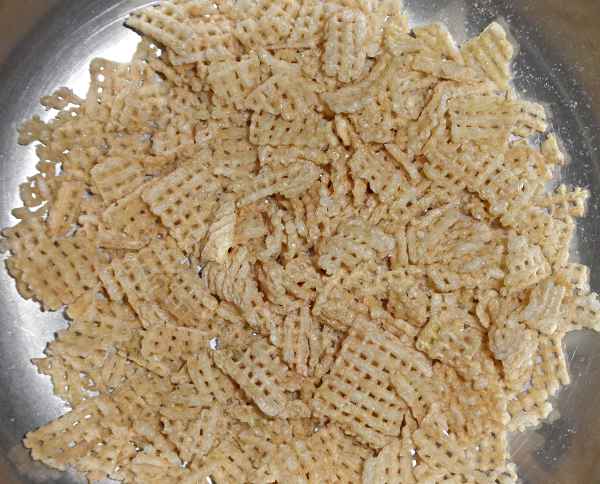







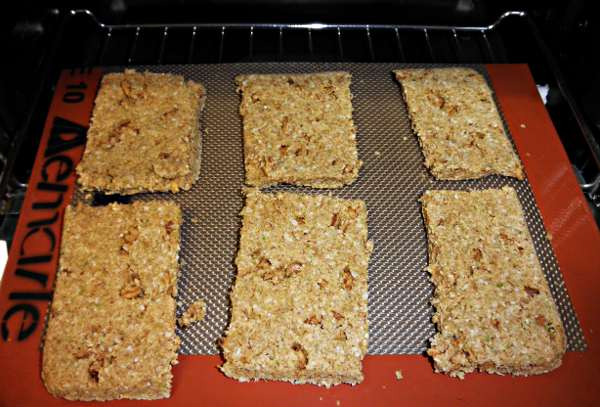



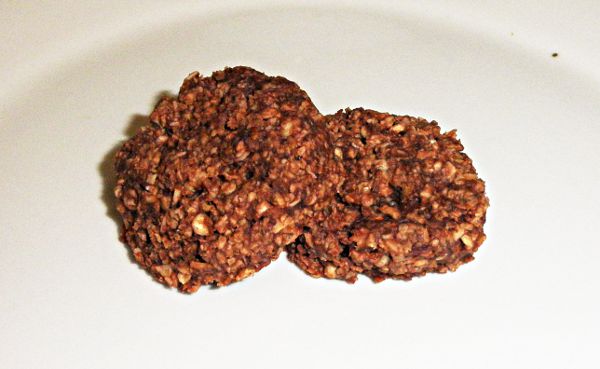

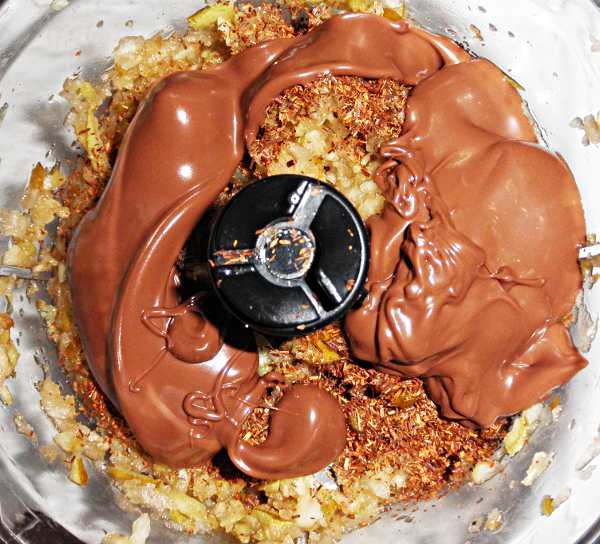

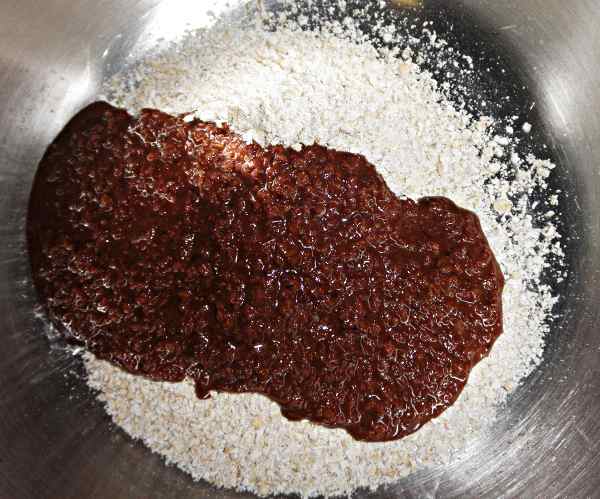

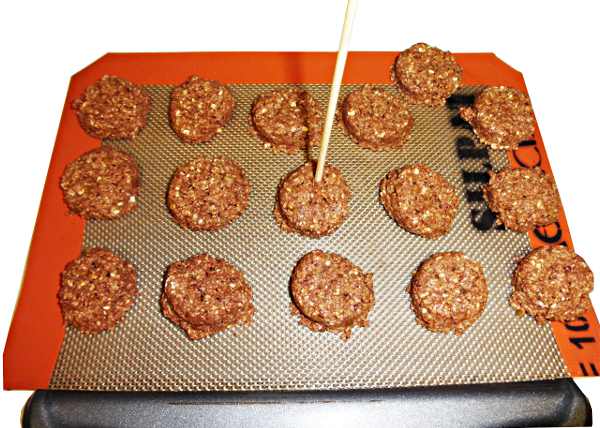


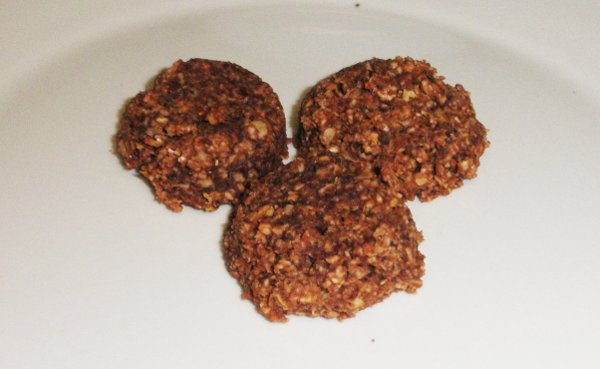



You must be logged in to post a comment.